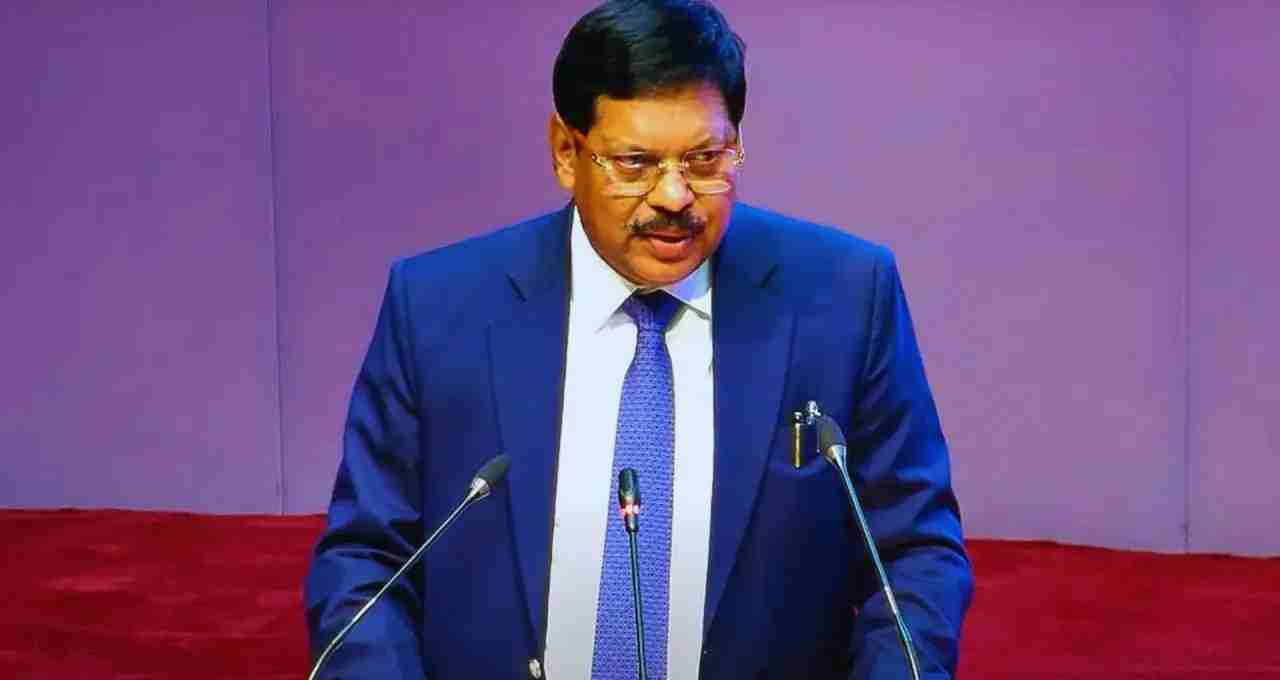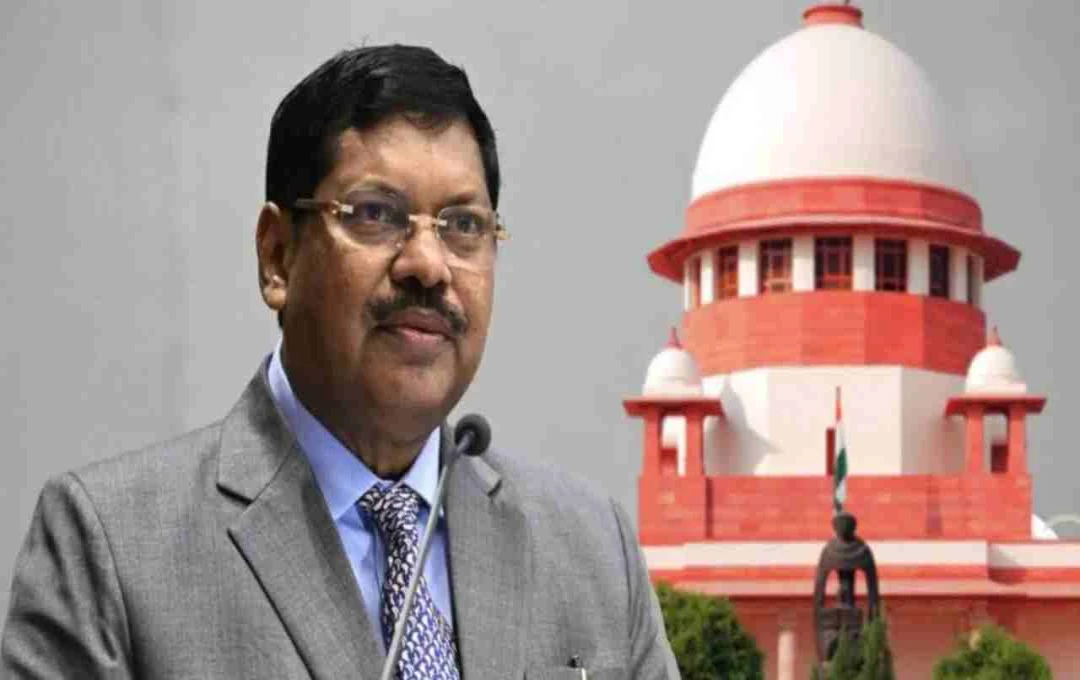The Chief Justice of India (CJI) B.R. Gavai clarified that India is a country governed by the principle of the ‘Rule of Law’, not by power or arbitrariness. He made this statement at the ‘Rule of Law Memorial Lecture’ held in Mauritius.
NEW DELHI: Chief Justice of India B.R. Gavai stated that India is a nation that upholds the ‘Rule of Law’. Here, governance operates not by arbitrary power or force, but in accordance with the Constitution and law. At the beginning of his speech at the ‘Rule of Law Memorial Lecture’ in Mauritius, Chief Justice Gavai recalled the deep-rooted relationship between India and Mauritius. He highlighted that both nations have endured the hardships of colonialism and today stand as partners in free and democratic societies.
Law is the True Power - CJI Gavai
CJI Gavai emphasized that law forms the foundation of power and society. He stated, "The Rule of Law means that every individual, whether a common citizen or someone in authority, must adhere to the law. India is not governed by 'bulldozer rule' but by the rule of the Constitution and law." He also reminded that, historically, injustices have often been committed in the name of law, such as slavery and colonial laws, but true law is that which protects justice, equality, and fairness.
In his address, CJI Gavai cited the examples of Mahatma Gandhi and Dr. B.R. Ambedkar, stating that before making any decision, it is essential to consider its impact on the poorest and most vulnerable person in society. He added that the Constitution has established a framework of rules and procedures designed to prevent the abuse of power and ensure justice for every individual.
Mention of Supreme Court's Historic Decisions

CJI Gavai, in his speech, cited several historical and significant judgments that have strengthened the Rule of Law in India:
- Kesavananda Bharati Case (1973): The Supreme Court ruled that Parliament cannot alter the basic structure of the Constitution.
- Maneka Gandhi Case (1978): The court clarified that any law must be just, fair, and reasonable.
- Triple Talaq Case (2017): The Supreme Court declared it unconstitutional and arbitrary.
- Electoral Bond Case (2024): The court stated that transparency in funding political parties is essential.
Through these examples, CJI Gavai demonstrated that all decisions in India are made under the Constitution and law, not due to any power or pressure.
Referring to his recent judgment, CJI Gavai stated that demolishing someone's home or property with a bulldozer without a hearing and legal process is against the Rule of Law. He said, "India is not governed by 'bulldozer rule'; India is governed by the Rule of Law. Justice and legal process are mandatory for any action."












